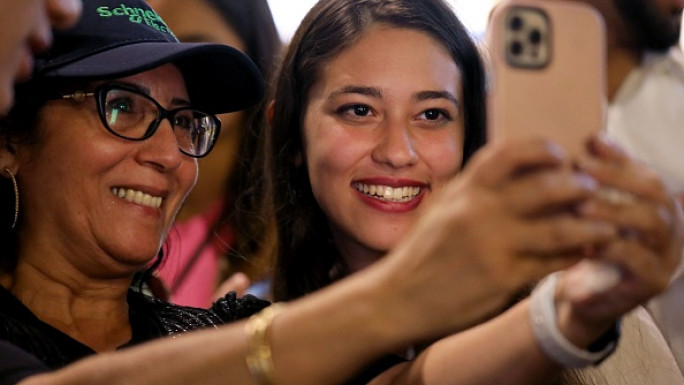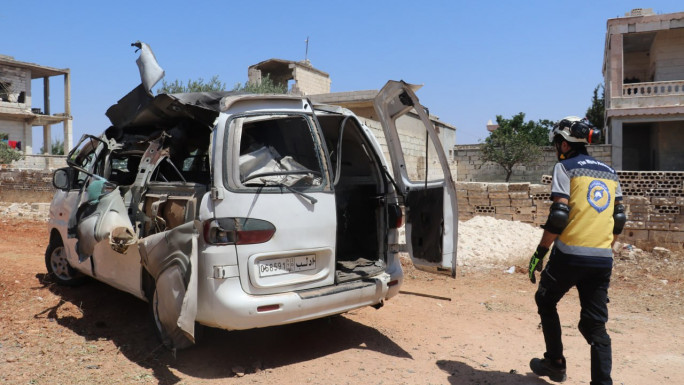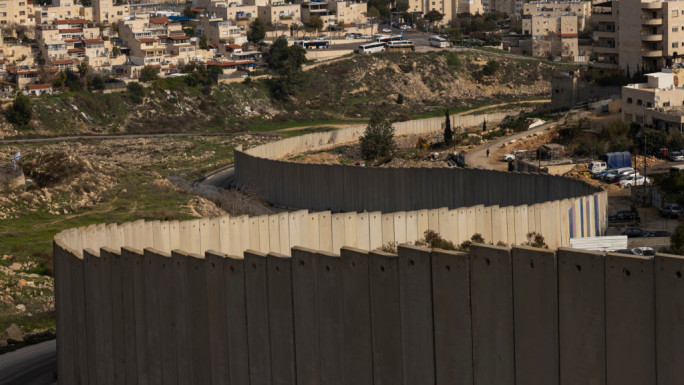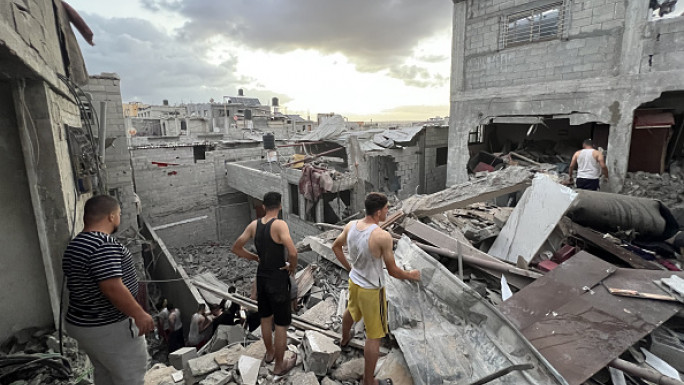Gaza activists stop posting socials as world 'accustomed' to seeing Palestinians killed
A prominent social media account documenting Palestinian civilians killed in Gaza has decided to stop posting updates on the war because "everyone has grown accustomed to seeing us killed".
The sudden decision announced by the 'Martyrs of Gaza' X and Instagram accounts hints at growing global fatigue at the war with Palestinians in Gaza feeling their voices are no longer heard despite the continued killing.
In an X post on Tuesday, Martyrs of Gaza wrote: "We believe there is no point in telling our human stories anymore; everyone has grown accustomed to seeing us killed."
The account said it was no longer worth "the risk to send our voice out to a world that is content with mere solidarity".
Despite the brutality of Israel’s offensive in Gaza which has now killed over 40,000 people and injured 90,000 more, the international community has failed to halt the fighting.
Indirect ceasefire talks between Israel and Palestinian group Hamas, which governs Gaza, have failed to agree on truce conditions. A new round of talks is set to begin in Qatar on Thursday.
The account goes by the handle @GazaMartyrs and since October frequently wrote obituary-style posts with accompanying images of people killed in the Israeli assault on Gaza, in a bid to humanise the endless stream of casualties and daily death tolls.
Among those featured on the account are an 80-year-old grandmother, two young boys killed in July and pictured in school uniforms, and a father killed alongside his daughter in northern Gaza in January.
“Even many of our human stories no longer interest people (even our voice is being ignored),” the account wrote on Tuesday, asking their 150,000 followers to pray for Gaza. Its Instagram account has 63,000 followers.
The post announcing their decision had 3.2 million views with over 32,000 reposts and 63,000 likes.
Dozens of X users expressed their sorrow at the world’s “failure” to stop the killings in Gaza and urged the account to keep posting and not give up.
US journalist Abby Martin wrote: “Sorry the World failed you,” while filmmaker Ala Hamdan said: “Never give the enemy the joy of your silence”.
The account is reportedly run by a woman called Rozan who was interviewed by American blog website Lit Hub in March.
Rozan said she created the account to show that "our martyrs are not numbers" and debunk the Israeli narrative of Gaza's people being "terrorists".
In a post on Instagram in February, she wrote that the page was created “as a way for me to do my part and to ensure that the martyrs, those beautiful souls lost to the brutality of Israel, are not reduced to cold statistics”.
Rozan received information about those who were killed from friends and acquaintances, she added.
One of those memorialised on the page is Nader Khalil from northern Gaza, who was a groom to be and described as the “pillar of his family”.
Another post depicts a young woman called Amani who “dearly loved” photography and painting, who was killed during an Israeli raid in Khan Younis in July.
The social media account is just one of several similar projects that have emerged since the war on Gaza began, in a bid to share and document the plight of Palestinian victims.
Another closely followed account project was the 'We Are Not Numbers' which also sought to humanise those killed in the war.
It was established by the late university professor Refaat Alareer, whose death by an Israeli attack in December triggered a global outpouring of sorrow.
His own social media accounts had a large international following and his tragic poem ‘If I Must Die' was widely shared after his killing.
These accounts have played a significant role in documenting the large number of civilians killed, particularly amid Israeli and US efforts to cast doubt on the figures from Gaza’s health ministry.







